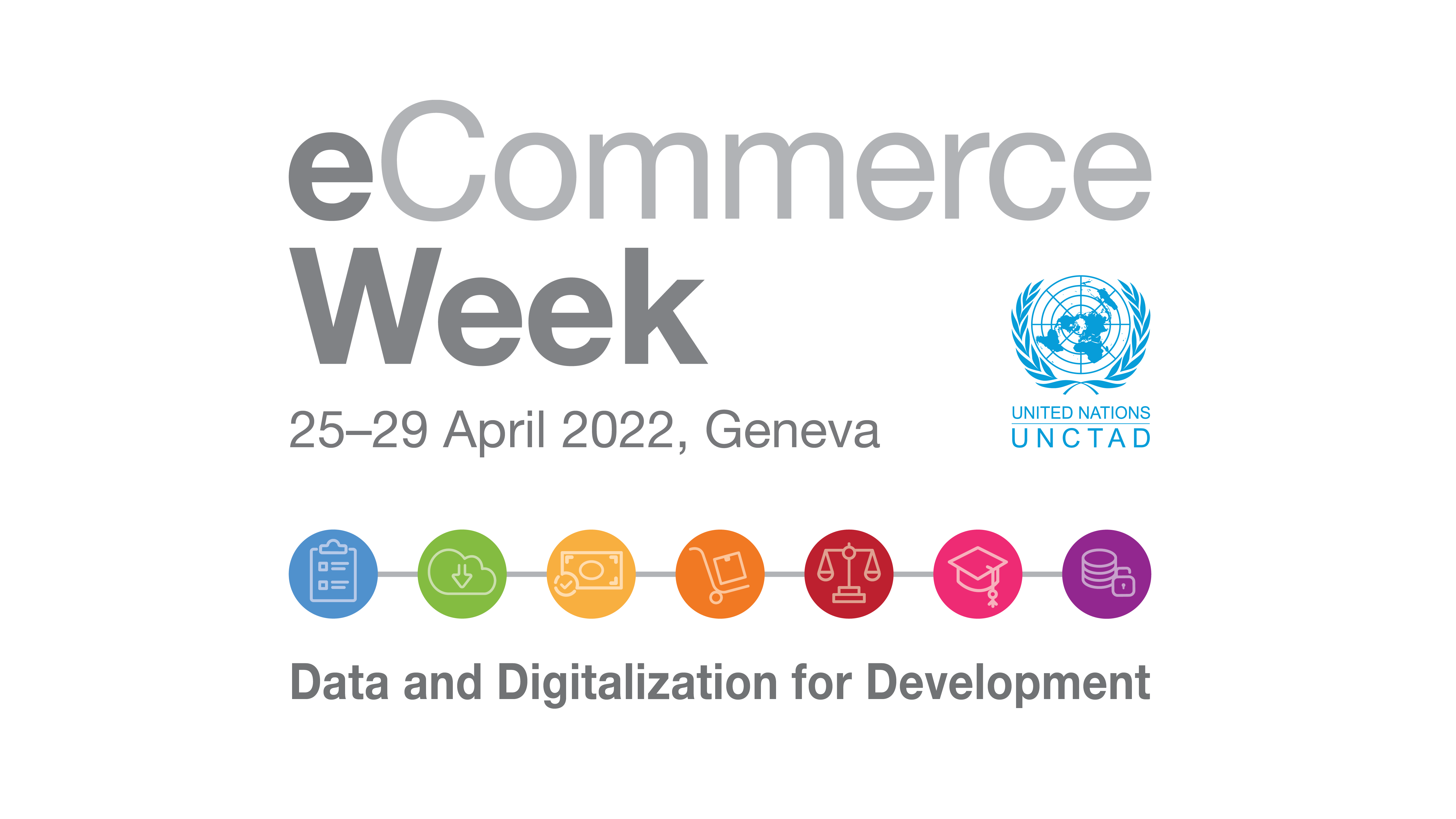Promoting inclusive data policy through capacity building
26 Apr 2022 10:00h - 11:00h
Event report
The focus of this session was on promoting inclusive data policies through capacity-building in developing countries. Ms Marilia Maciel (Head of Digital commerce and internet policy, Diplo Foundation) opened the session by highlighting that data flows have been regulated by regional trade agreements. Trade agreements have been tackling data collaterally – tackling privacy, and intellectual property, for example. More recently, explicit norms on data and data flows have been prominent in trade agreements. Maciel pointed out that these trade agreements largely influence negotiations taking place in the World Trade Organization (WTO) Joint Statement Initiative (JSI) on e-commerce, which has specific provisions on data flows. For developing countries, influencing these negotiations is critical, so that these countries can voice their development-oriented priorities. However, there are many obstacles. Maciel stressed that capacity building is vital. Diplo observed how former students have managed to be more influential and take leadership in some of the negotiation processes after completing its e-commerce courses. Mr Rashid Kaukab (Executive Director, Consumer Unity and Trust Society International (CUTS)), highlighted the digital divide which is still rampant in most parts of the world, and how capacity building should explicitly tackle and narrow these divides. For instance, 74% of the African population and 55% of Asia are not connected. However, the digital divide is also about ‘meaningful access’, which means access to knowledge and opportunities provided by data. Kaukab stressed the importance of national data legislation. He mentioned that 52% of least developed countries (LDCs) do not have any national data protection legislation; 43% in the Asia-Pacific and 63% in small island developing countries do not have any national legislation on data protection. This information reveals a lack of preparedness in many countries. Regarding capacity building, Kaukab said that we need to understand the nature of capacity constraints. He called these ‘4+1’, which refers to the following constraints: (a) human limitation, (b) limited technical knowledge and expertise, © institutional constraints, (d) limited experience with regulation, (e) ‘access to access’. When it comes to the target audience of capacity-building initiatives, Kaukab mentioned the importance of offering capacity building to trade negotiators of developing countries. He also acknowledged the need to increase technical capacities across ministry staff working in non-trade areas and among other stakeholders. Furthermore, the private sector plays a special role since they are the exporters, importers, and users and owners of data. Finally, women and civil society are important audiences for capacity-building efforts. According to Ms Alison Gillwald (Executive Director, Research ICT Africa, University of Cape Town) we are still using pre-digitalisation measures to address fundamental problems. All identified differences and shortages reflect structural inequalities and we should deal with these in an integrated and operational way. Gillwald stressed that only focusing on equipping people with knowledge to negotiate better on e-commerce in the WTO setting does not address structural differences and different interests these countries have. The inability to represent those interests is profoundly locked in these inequalities. Mr Quan Zhao (Trade policy officer, International Trade Centre) stated that research and capacity building are correlated because capacity building is a way to turn policy options into action. Zhao shared perspectives about the ITC’s research on data, e-commerce, and lessons learned. He talked about the ITC’s capacity-building projects that focus on country-level engagement to develop e-strategies for data-intensive sectors and policy reforms such as facilitating dialogue between regulatory authorities and the private sector. Zhao pointed out that from their own experience, developing countries desire and aspire to have their own data-driven industries and platforms. He stressed that ITC’s work also focuses on small and medium enterprises (SMEs) that are not fully benefiting from the development of the digital sector. He added market size to the challenges mentioned by Kaukab. If there is a large market, it attracts enough foreign investment, which is the first condition for developing capital incentives. Another challenge is that data governance is relatively new, and there are not many lessons learned that can be referenced. In addition, other experiences in other countries may not work well because the digital sector differs from country to country. Ms Anita Gurumurthy (Executive Director, IT for Change) stressed the biggest current concern for developing countries in the global digital economy is how costs increase but productivity does not. This kind of trap is a grave concern. Gurumurthy agrees that these countries should define segments that work best for them. However, in the post-pandemic period, big platforms took over the domestic economy and service value chains, since value is captured by big transnational corporations. The data debate needs to focus on local productivity, prospects for the region, and on what should be done to build data capability to move into the high-value segments of digital services value chains.
Related topics
Related event

